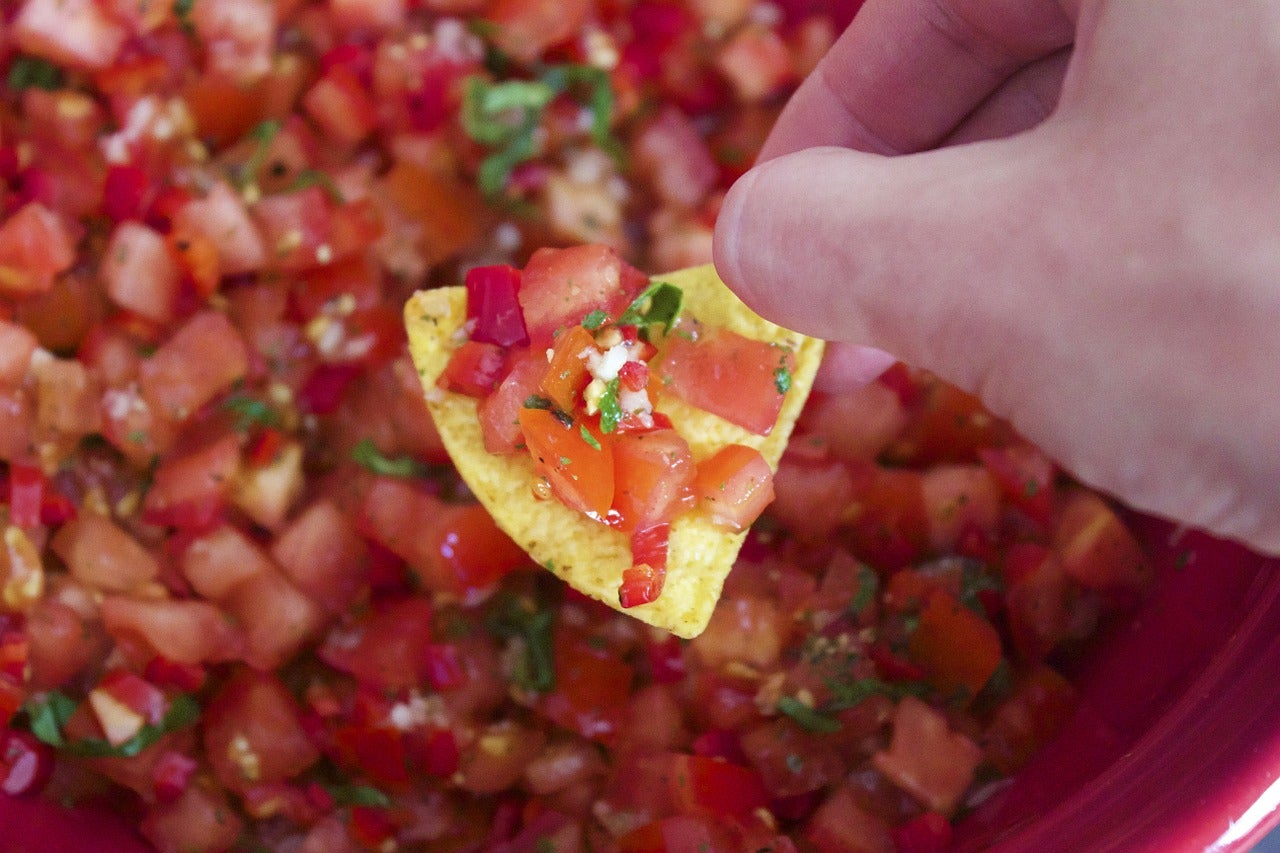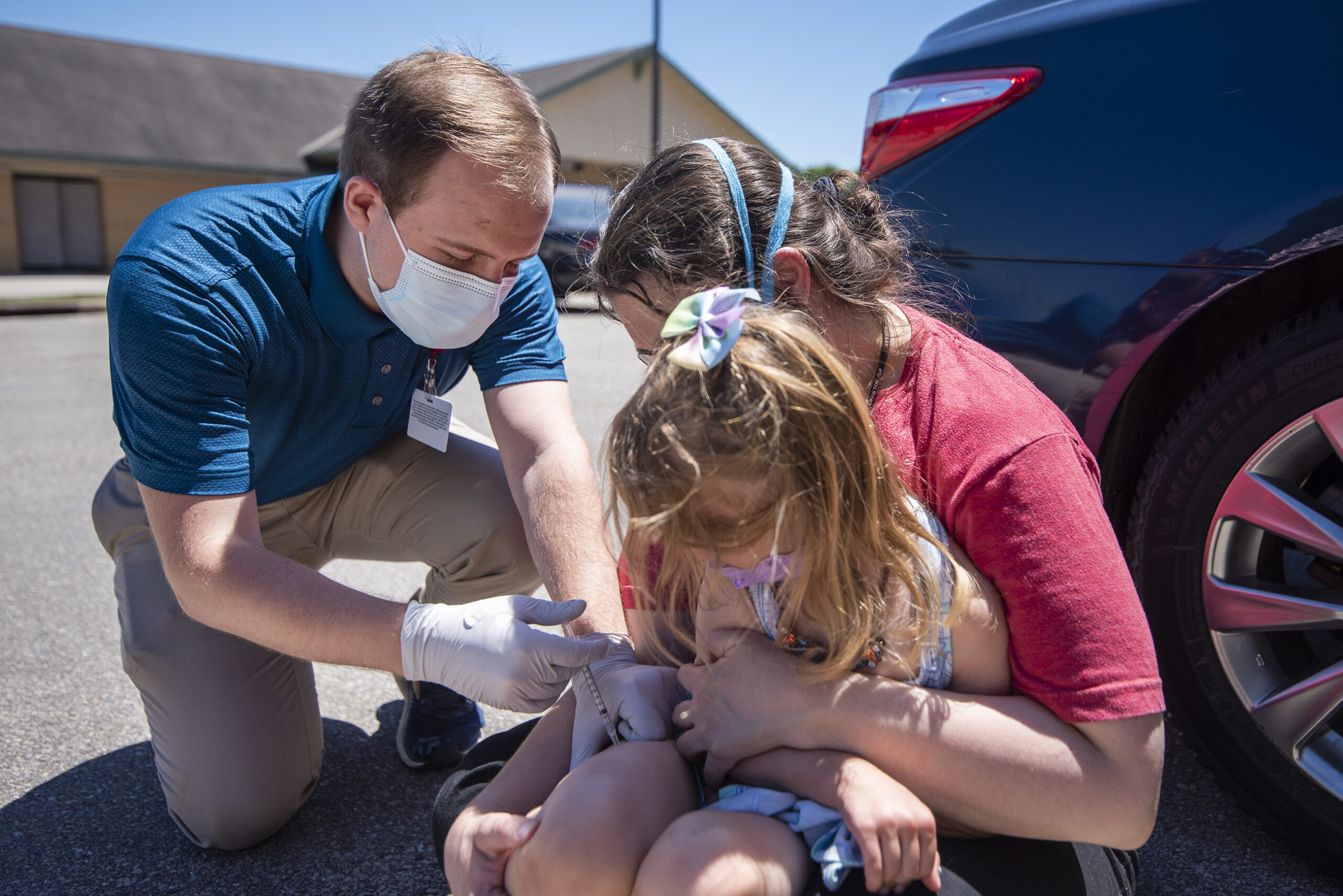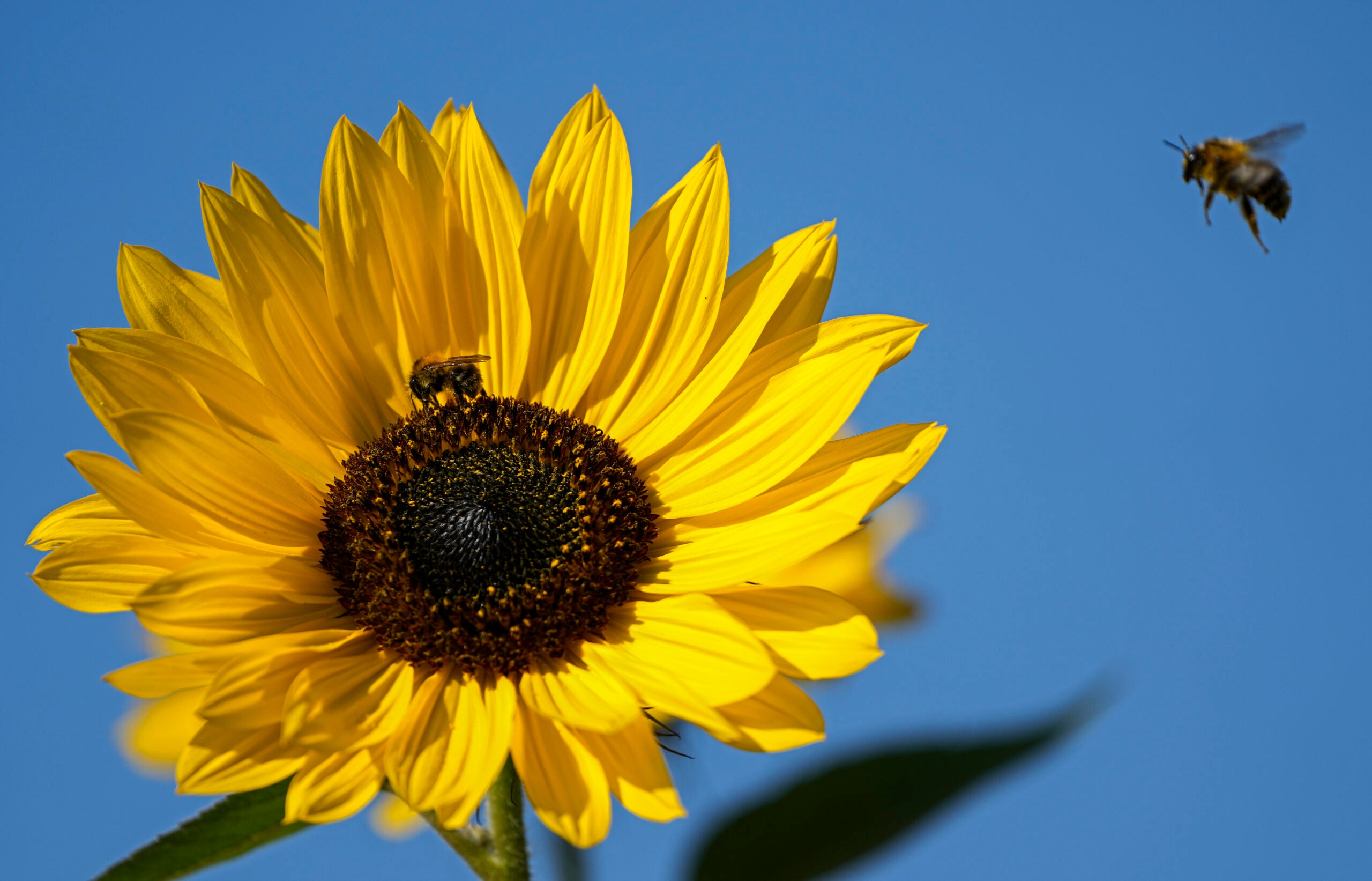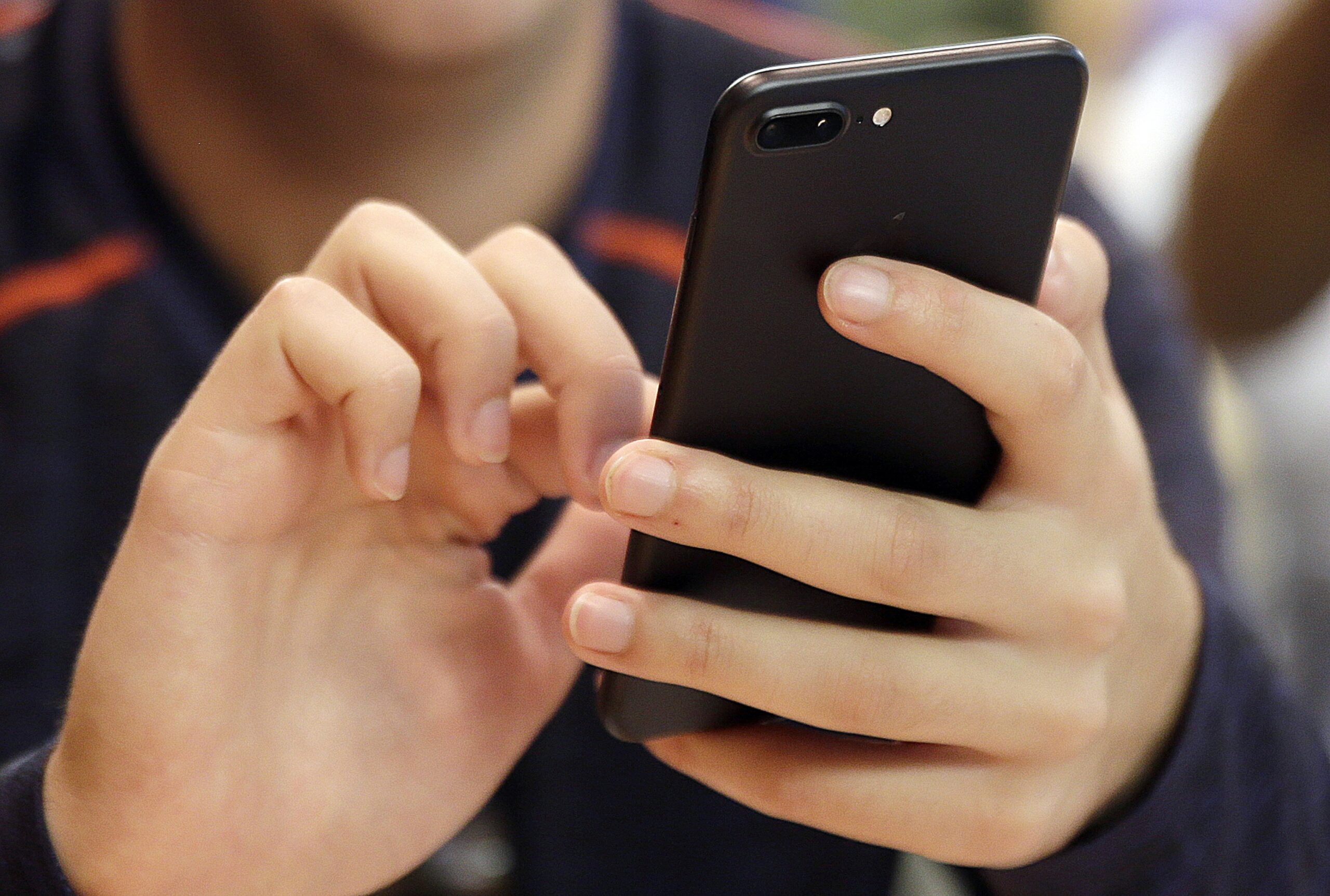We get the latest on the investigation into a photograph showing male students from Baraboo High School giving an apparent Nazi salute. Then, do you dip your chip in twice at parties? What about at home with the family? Two scientists explored some common food rules and practices in their new book, like sharing a spoon of cookie dough with a friend or blowing out candles on a birthday cake, and share their results. We also hear from a reporter about her experiences trying to cut back on social media use.
Featured in this Show
-
Can I Eat That? Scientists Examine Common Food Safety Myths
With the holiday season about to hit full swing, you might want to give double dipping your chips around the communal bowl a second thought if you don’t want to come down with something.
Double dipping — during the holidays or anytime — along with other long-held, food-related traditions and practices are the focus of a new book by a pair of prominent university-based food scientists. In their book, “Did You Just Eat That?” they tested several common food myths with the goal of separating fact from fiction..
If you have a healthy immune system, your chances of getting a foodborne illness are usually low. But this time of year, it’s all about flu and cold season, said Paul Dawson, a food scientist at Clemson University.
“I’m a healthy human adult, I think I have a fairly good immune system,” said Brian Sheldon, a food scientist at North Carolina State University. “I take some risk … living is taking a risk at times, so I’m not the type to carry hand sanitizer with me all the time, but I try to wash my hands as readily as I can.”
While neither Sheldon or Dawson consider themselves germaphobes, as a general rule of thumb, they said it’s better to play it safe, especially when others who may have weaker immune systems are around.
“It comes down to your health,” Sheldon said. “Are you transmitting possible pathogens? And then others health, are they healthy enough to resist any of these pathogens?”
Sheldon and Dawson said they began this research to get a clearer picture of what’s safe and what’s not.
Double Dipping
“We know that our mouth … is highly contaminated with a lot of different types of organisms,” he said. “Obviously, there’s going to be transfer of the organisms that were in your mouth into that dip and the more times that you do this, the larger the population is going to be.”
About 99 percent of the culturable bacteria and viruses out there don’t make people sick, it’s the other 1 percent that do, Sheldon said. And there’s no way to tell whether a dip has been contaminated.
“To be on the safe side, it’s not a good practice,” he said. “I’ve seen a number of people do it at different functions I’ve attended and I tend to shy away from that, just thinking that I don’t want to have that person’s mouth in my mouth.”
Blowing Out Birthday Candles
When you simply talk or breath, you emit bioaerosols — small drops of water — which carry bacteria, Sheldon said. Blowing out the candles kicks it up a notch.
“When you’re blowing forcibly, obviously you’re going to generate even more, directly right on top of the cake,” he said. “We found as high as 37,000 bacteria in a really sloppy blower.”
For most people, it will be fine. But for someone who is on antibiotics or has low immunity, they shouldn’t eat that cake, Sheldon said.
“I don’t like ending traditions like that, but maybe take a little care in some cases,” he said.
The 5-Second Rule
One of the more popular myths to test, Sheldon and Dawson tested white bread and bologna on three types of surfaces – carpet, wood and ceramic tile – for 5, 30 and 60 seconds.
“You can have anywhere near 100,000 to 10 million organisms that jump onto that piece of bologna or bread within about 5 seconds, and I suspect that it has occurred even faster than that,” Sheldon said.
Both the carpet and bread saw lower levels of bacteria transferred because of their more porous surface, yet they still picked up a significant amount of bacteria, he said.
“We definitely indicated that the 5-second rule is a myth and that things happened very quickly,” Sheldon said. “And if it just so happens that the surface has a foodborne pathogen or a virus, that could make us sick.”
-
The Latest On Photo Of Baraboo Students Apparently Giving Nazi Salute
The Baraboo School District and Baraboo Police Department are investigating a photo showing male promgoers giving what appears to be a Nazi salute. We discuss the story behind the photograph and the widespread condemnation of the students’ behavior.
-
Is Blowing Out Birthday Candles A Timeless Tradition Or A Spit Spraying Move?
If you’ve been waiting for the definitive guide to questionable food decisions, it has finally arrived. Two scientists teamed up with their college students to test and round up research on some of the most commonly talked about food rules of all time. Is double dipping really so bad? Is blowing out birthday candles something we should worry about? What about sharing a spoon? We learn about the basics of the microbial world and talk food rules with the two authors.
-
Breaking Our Social Media Addictions
A 2016 study shows that the average person will spend more than five years of their lives on social media – that’s more than we spend eating and drinking, grooming, socializing and doing laundry. In an effort to spend more time on deep, focused work, our guest discusses how she tried to break her social media addiction.
Episode Credits
- Rob Ferrett Host
- Natalie Guyette Producer
- Bill Martens Producer
- Brian Sheldon Guest
- Paul Dawson Guest
- Bridgit Bowden Guest
- Sarah Peck Guest
Wisconsin Public Radio, © Copyright 2024, Board of Regents of the University of Wisconsin System and Wisconsin Educational Communications Board.






